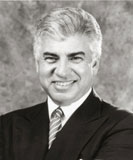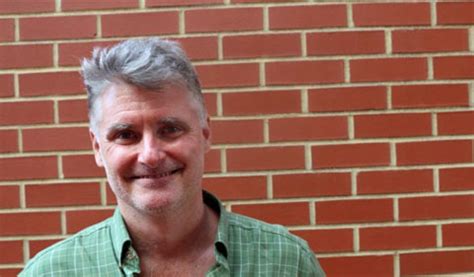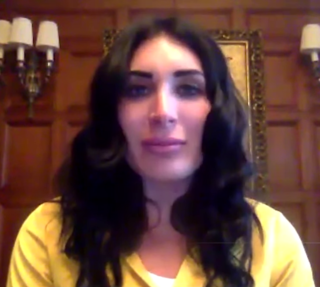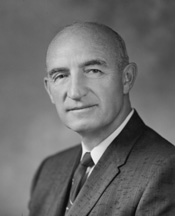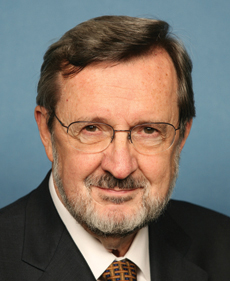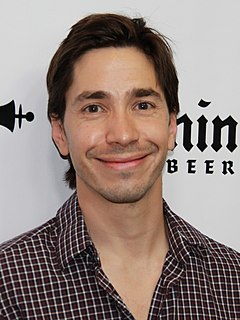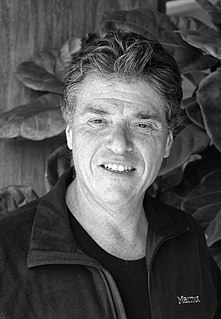A Quote by Richard Ben-Veniste
In an age when many of our citizens casually reveal information about themselves in social media wildly beyond anything imaginable only a decade ago, it would seem to be a useful exercise in civics to re-educate the public about the value and purpose of protecting against unwarranted government intrusion.
Related Quotes
A democratic public forms when citizens gather together to deliberate and make public judgments about local and national issues that affect their lives. By associating together for public discussion, citizens learn the skills necessary for the health of a democratic public; listening persuading, arguing, compromising, and seeking common ground. When these skills are nurtured within the institutions of a democratic public, citizens educate themselves in order to make informed political decisions.
We believe that we live in the 'age of information,' that there has been an information 'explosion,' an information 'revolution.' While in a certain narrow sense this is the case, in many important ways just the opposite is true. We also live at a moment of deep ignorance, when vital knowledge that humans have always possessed about who we are and where we live seems beyond our reach. An Unenlightenment. An age of missing information.
Here in the news media, our focus is on speed. When we get hold of some new and possibly inaccurate information, our highest priority is to get it to you, the public, before our competitors do. If the news media owned airlines, there would be a lot less concern about how many planes crashed, and a lot more concern about whose plane hit the ground first.
If you rely on the media for your information, to educate yourself about the candidates and what issues are facing the country, then you get just part of the equation. I think it's important that we as citizens of this democracy take the responsibility to get as much information as possible before we go into the voting booth.
This program could destroy private initiative for our aged to protect themselves with insurance against the cost of illness....Presently, over 60 percent of our older citizens purchase hospital and medical insurance without Government assistance. This private effort would cease if Government benefits were given to all our older citizens.
The evolution of social media into a robust mechanism for social transformation is already visible. Despite many adamant critics who insist that tools like Facebook, Twitter, and YouTube are little more than faddish distractions useful only to exchange trivial information, these critics are being proven wrong time and again.
